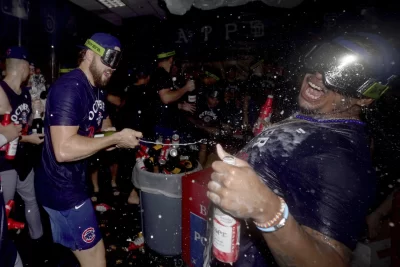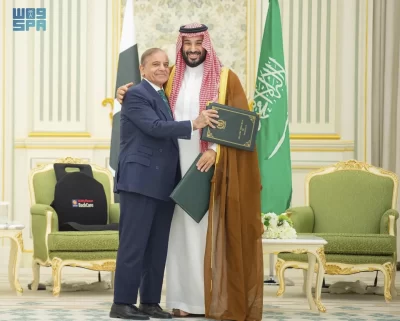
There are no official candidates for the papacy, but some cardinals are considered “papabile,” or possessing the characteristics necessary to become pope. After St. John Paul II broke the centurieslong Italian hold on the papacy in 1978, the field of contenders has broadened considerably.
When the cardinals enter the Sistine Chapel on May 7 to choose a successor to Pope Francis, the first pontiff from Latin America, they will be looking above all for a holy man who can guide the Catholic Church. Beyond that, they will weigh his administrative and pastoral experience and consider what the church needs today.
Here is a selection of possible contenders, in no particular order. The list will be updated as cardinals continue their closed-door, preconclave discussions.
Cardinal Pietro Parolin
Date of Birth: Jan. 17, 1955
Nationality: Italian
Position: Vatican secretary of state under Francis
Experience: Veteran Vatican diplomat
Made a cardinal by: Francis
The 70-year-old veteran diplomat was Francis’ secretary of state, essentially the Holy See’s prime minister.
Though associated closely with Francis’ pontificate, Parolin is much more demure in personality and diplomatic in his approach to leading than the Argentine Jesuit he served and he knows where the Catholic Church might need a course correction.
Parolin oversaw the Holy See’s controversial deal with China over bishop nominations and was involved — but not charged — in the Vatican’s botched investment in a London real estate venture that led to a 2021 trial of another cardinal and nine others. A former ambassador to Venezuela, Parolin knows the Latin American church well and played a key role in the 2014 U.S.-Cuba detente, which the Vatican helped facilitate.
If he were elected, he would return an Italian to the papacy after three successive outsiders: St. John Paul II (Poland), Pope Benedict XVI (Germany) and Francis (Argentina).
But Parolin has very little pastoral experience: He entered the seminary at age 14, four years after his father was killed in a car accident. After his 1980 ordination, he spent two years as a parish priest near his hometown in northern Italy, but then went to Rome to study and entered the Vatican diplomatic service, where he has remained ever since. He has served at Vatican embassies in Nigeria, Mexico and Venezuela.
He is widely respected for his diplomatic finesse on some of the thorniest dossiers facing the Catholic Church. He has long been involved in the China file, and he played a hands-on role in the Holy See’s diplomatic rapprochement with Vietnam that resulted in an agreement to establish a resident Vatican representative in the country.
Parolin was also the Vatican’s point-person in its frustrated efforts to end the wars in Ukraine and the Middle East. He has tried to make the church’s voice heard as the Trump administration began working to end Russia’s war in Ukraine.
“Let’s hope we can arrive at a peace that, in order to be solid, lasting, must be a just peace, must involve all the actors who are at stake and take into account the principles of international law and the UN declarations,” he said.
Parolin might find the geopolitical reality ushered in by the Trump administration somewhat unreceptive to the Holy See’s soft power.
— By Nicole Winfield in Vatican City



